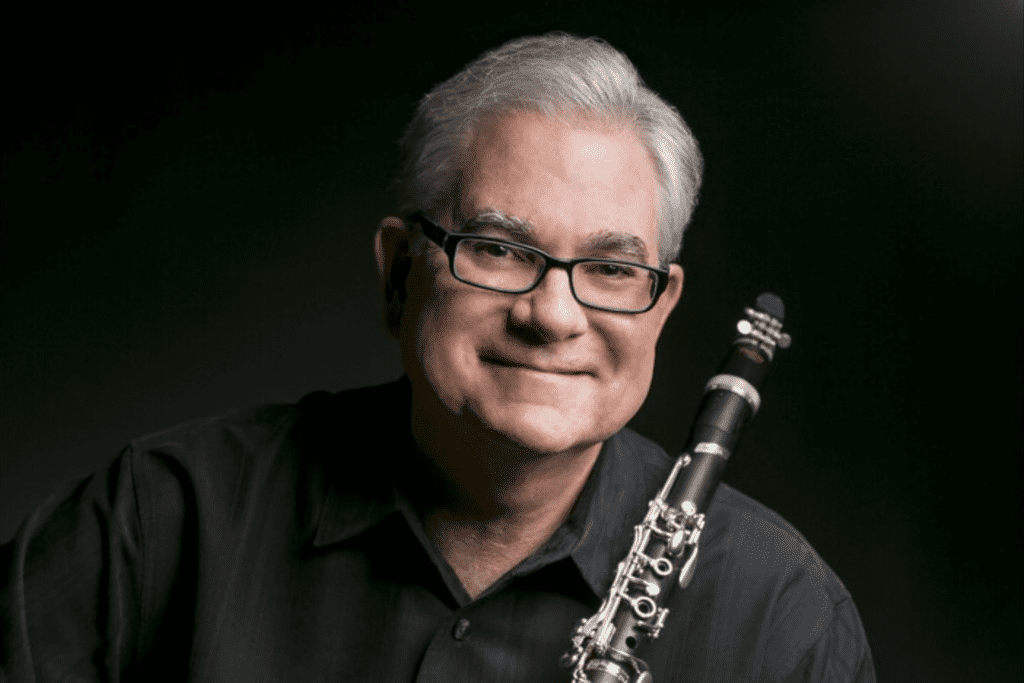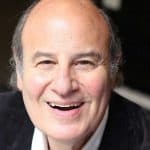by Steve Cohen

Auditioning for…….
As a young music student playing an orchestral/band instrument one can eventually wonder and hope to get a job in an orchestra or maybe a military band. However, it is something that has gotten somewhat harder over the years simply because there are so many of you out there competing for the same few spots. Having an idea about what is necessary to prepare and win an audition is what I’ll attempt to discuss in the following piece.
Playing your instrument well is, of course, an important first step and that means having good fundamentals. Having a good teacher and/or person to help you prepare is another important step in the process. Having a STRONG desire not to be sitting at home on your parents’ couch for the remainder of your life and a great love of music is yet another! Strong knowledge of the repertoire and the clarinet’s part in it is key. Motivation, honesty, hard work, persistence, and patience are also great parts of the equation. Simple, huh?

I think that all players who have the above have a chance at success BUT there are too many who think that it will happen soon, or shortly or on their timetable. I recently read a book called Anatomy of a Breakthrough. In it the author describes numerous examples of famous actors, musicians, and others who have had many more failures than successes. Typically, we only notice their successes. We all tend to think of the young people who have success right off the bat and fear that if we cannot have the same degree of success in the same manner we should not try. There are many, many other books, and suggestions for how to focus and how to defeat the nerves, the technical problems, the organizational skills, the knowledge needed, etc. Read them all! I especially recommend Ralph Skiano’s “Behind the Screen” as well as all of Don Greene’s books.
One must first recognize that auditioning for a job is not the same as playing well. Auditioning is not the normal way of playing in an ensemble and one must recognize this. Auditions are solitary experiences and playing in an ensemble is communal. Think about professional golf. On any given day in a tournament any one of several golfers can win but only one will win that tournament. How one overcomes those human imperfections like not letting the whole thing go after making a mistake is a huge part of the equation. We are, after all, human beings and thus are imperfect. Recovering after a mistake is key!

I have had a great many successful students and we have discussed how they have gone about getting that job they so desperately wanted. There are so many methods, and I don’t pretend to be an expert, but I do know that “hearing” yourself is crucial. Not just listening and hoping but “hearing”. That means critical listening. You should also always strive to make a beautiful sound no matter what you think or no matter how much you are worried about the notes. One should record one’s playing and listen carefully to small sections of music for the obvious. Having very strong musical ideas and convincingly expressing them is crucial. When you get to the stage that you are auditioning you must expect that everyone auditioning will have the necessary technique. That comes under fundamental work mostly. Bad rhythm is immediately noticeable to someone listening so make sure you have a strong sense of the piece you are playing because anyone listening will be listening in that manner. Remembering that you are often playing mostly for people who don’t necessarily play your instrument so problems you might have are not necessarily “forgiven” – (I’m always flat on that note, that passage is really hard, etc!).
Final Thought
One final thing I’ll comment on is the way you’ll sound in the space in which you audition. This might not be familiar to you when you finally get to play in a larger space than you normally hear yourself in. Whenever possible you should try to practice in different spaces. If you are in the habit of practicing in a live space and you have to play in a dead space acoustically you might feel like you sound awful or at the very least, different. So- try to vary where you practice if that is possible. Be aware of the differences and try not to let it upset all your hard work. I promise that you do sound the same as you usually do-it just FEELS different. Try to remember that making some mistakes is okay, play as you play and don’t adjust to what you think others may like and think of tempos as variable. If you always try to play it faster, tongue things faster, you will likely not succeed. Please try to remember that you won’t always be successful, and you shouldn’t give up when you are not. Remember that each audition committee is unique and you may or may not be everyone’s cup of tea. You won’t win every time but if you persist and keep trying you will find what works eventually!
Happy auditioning!!
About the Author
Steve Cohen is the retired professor of clarinet at Northwestern University. Since living in Chicago he has also performed many times with the Chicago Symphony, Chicago Lyric Opera, and as principal clarinet with the Music of the Baroque Orchestra. He is the former principal clarinetist with the New Orleans Symphony. Steve has toured in the U.S. as principal clarinet with the Texas Opera Theater and throughout Europe as principal clarinet with the Seoul Philharmonic Orchestra. He has performed solo recitals and master classes throughout the U.S., Europe and Korea, was guest artist with the Seoul Philharmonic Clarinet Festival, the Oklahoma Clarinet Symposium on several occasions and the Bay Chamber Concerts in Rockport, Maine.
His teachers include Loren Kitt, Larry McDonald, Karl Leister, and Robert Marcellus. He is a former faculty member at the Cincinnati College-Conservatory of Music and Louisiana State University. Steve is an artist/clinician for Buffet clarinets and is a Legere reed artist. He was a host of the ICA 2001 convention in New Orleans.
(Read more about Steven Cohen from his Bio at Northwestern University)
Contact Us
Did you find this blog helpful? Do you picture yourself in a music career? If the answer to that is a “yes”, your next step is simple. Contact insidemusicschools.com and allow our team of industry insiders to guide you toward your goal of being a professional in the music industry. Through expert counseling and real world experience, we will make sure you are prepared for the journey
Founder & President at Inside Music Schools | Insidemusicschools.com
Head of admissions and faculty member at Berklee College of Music for 40 years, Steve Lipman and our team at Inside Music Schools speak music as their primary language. We approach each client contact with open eyes, ears, and minds. As the country’s premier music school consultant, he has advised students from the United States, Canada, the U.K., India, Singapore, Dubai, China, Australia, Turkey, Colombia, Argentina, Brazil, Japan, Israel, Italy, Russia and elsewhere.

